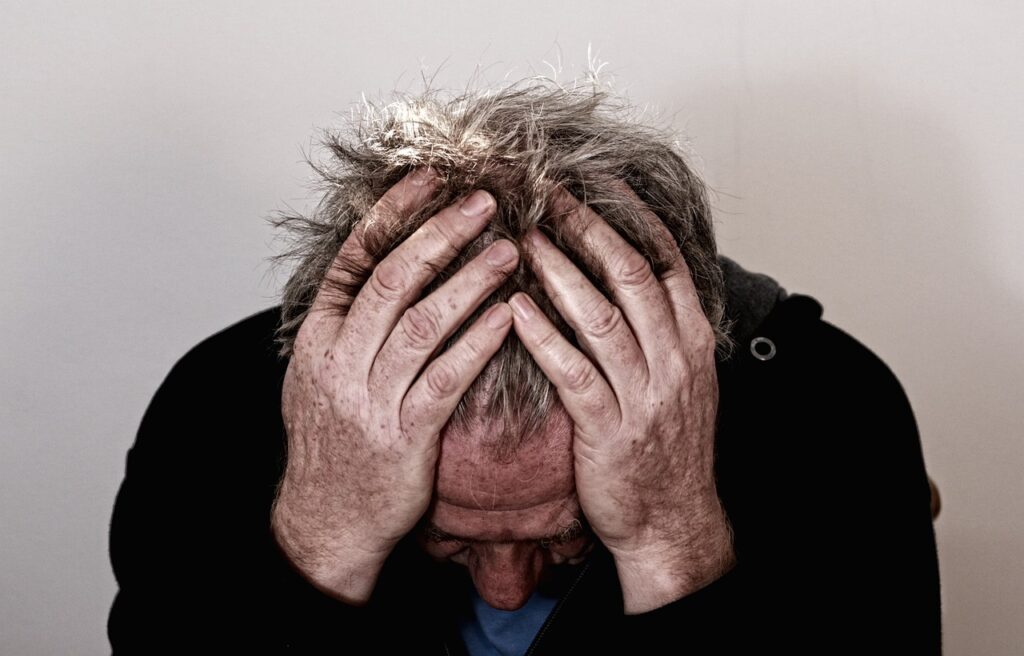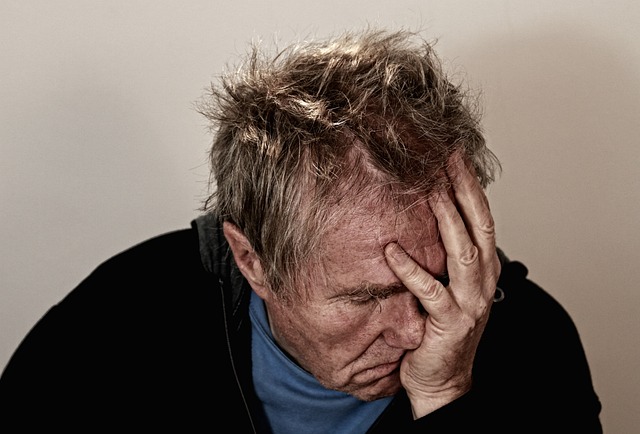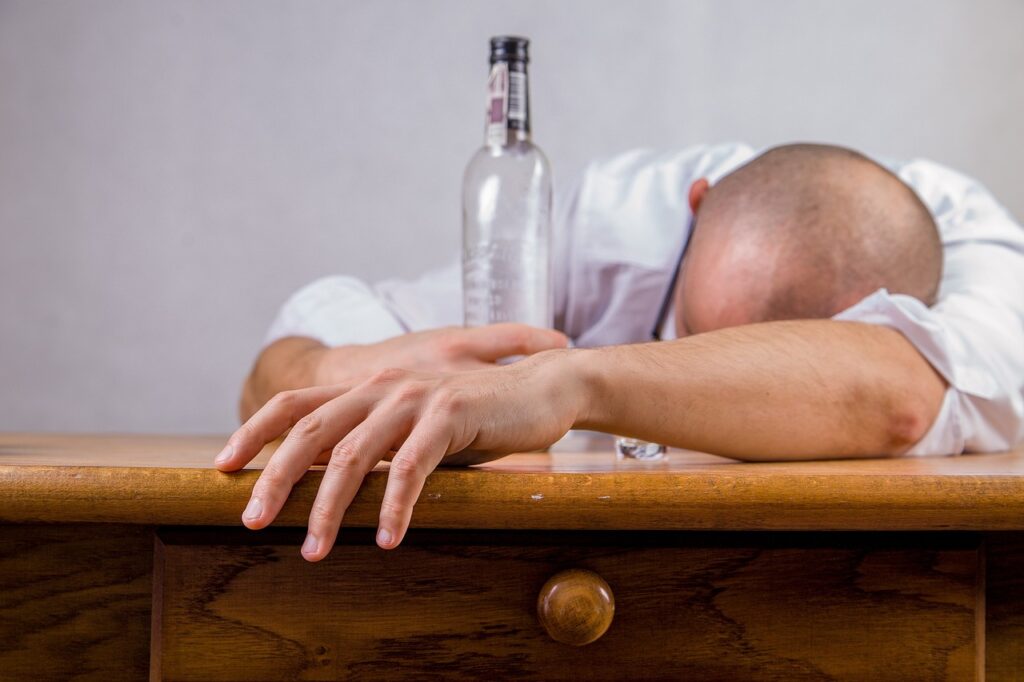20+ Years Experience
Specialist Private Alcohol Rehab

Have you ever wondered how alcohol can affect your sexual experiences, both positively and negatively?
In this comprehensive guide, we will explore the complex relationship between sex and alcohol, delving into the science behind alcohol’s impact on sexual attraction, arousal, and dysfunction.
Get ready to discover how to maintain a healthy balance between alcohol and your sexual desire, while understanding the importance of clear consent and communication.
Drinking alcohol is sometimes perceived as a social lubricant, but did you know it can also heighten one’s perception of attractiveness in others?
This phenomenon, known as the “beer goggles” effect, occurs when alcohol impairs our judgment, making others seem more attractive than they might be otherwise.
However, alcohol’s impact on sexual attraction is not always positive.
The consumption of too much alcohol has the tendency to decrease sexual arousal, augment socialisation, and reduce one’s capacity for judgment.
Alcohol can have a variety of effects on an individual’s sex life, including impacts on sexual desire, arousal, and performance.
It is likely that the greater the amount of alcohol consumed, the more likely one is to engage in risky sexual behaviour.
Research has revealed that males are particularly prone to taking part in unprotected intercourse while intoxicated, putting themselves and their partners at risk for sexually transmitted infections and unintended pregnancies.
While the “beer goggles” effect might enhance perceived attractiveness, it’s important to consider the possible consequences of alcohol-induced impaired judgment.
Striking a balance between enjoying alcohol and making responsible decisions about your sexual behaviour is key to maintaining healthy sexual activity.
Men and women process alcohol differently due to physiological differences, which can lead to varying effects on sexual performance and arousal.
Acute alcohol intoxication can negatively affect sexual desire and arousal in both men and women, leading to impaired sexual experiences.
For men, alcohol dependence syndrome can have long-term negative effects on sexual experiences, including sexual dysfunction, reduced libido, and impaired sexual satisfaction.
On the other hand, an alcoholic beverage can have a variety of effects on women’s sexual arousal, desire, and performance.
One of the factors contributing to these differences is body composition. Women typically have a higher percentage of body fat than men, which can affect how they metabolise alcohol.
Consequently, women may experience more pronounced effects of alcohol on their sexual experiences compared to men.
Both men and women need to comprehend these physiological differences to make well-informed decisions about their alcohol consumption and its potential impact on their sexual encounters.
Recognising that alcohol affects everyone differently can help couples better navigate their sexual encounters.
A man could have drunk the same amount of alcohol as a woman, but it is important to note women may be more affected.
Moderate alcohol consumption may boost confidence and desire, making it easier for individuals to engage in sexual activity.
However, heavy drinking can negatively impact sexual performance and communication.
Under the influence of alcohol, it may become more difficult to regulate movements, communicate effectively with a partner, and attend to their needs.
Additionally, alcohol can cause nausea, dizziness, and difficulties in achieving an erection or climax.
Alcohol and sexual encounters can be a risky combination. To avoid risk, moderation and communication are both essential.
It’s important to have a pre-determined plan prior to the commencement of drinking alcohol to ensure an enjoyable experience.
This plan should include establishing boundaries, discussing contraceptive methods, and agreeing upon the extent of sexual activity that will take place.
Consent is required in all cases, and individuals must never engage in sexual activity when either partner is too intoxicated to make a well-informed decision.
Grasping the potential risks and benefits of mixing drink and sex enables individuals to make informed decisions about their alcohol intake and sexual activities.
Practising moderation and open communication can help ensure enjoyable and safe sexual experiences for all parties involved.
Clear verbal and nonverbal consent is imperative during sexual encounters, particularly in the presence of alcohol, as intoxication doesn’t justify non-consensual behaviour.
Consumption of alcohol can potentially impair an individual’s judgment, impede their ability to communicate effectively and make it difficult to comprehend the communication of another. Therefore, it is paramount to ensure that all parties involved in a sexual encounter are able to provide and understand consent, regardless of the presence of alcohol.
Consent is a distinct, voluntary accord to partake in sexual activity, encompassing all forms of sexual contact. The most effective way to ensure consent is to inquire directly and periodically assess consent during the sexual encounter. Do not presume consent if someone is passive, quiet, or not actively opposing.
Engaging in any type of sexual activity with someone who is unable to provide consent due to intoxication is classified as sexual assault or rape.
It is crucial to prioritise consent in sexual encounters involving alcohol and to pause and inquire if there is any uncertainty about one’s partner’s consent.
Alcohol dependence can lead to sexual dysfunction in men, including premature ejaculation, low desire, and erectile dysfunction.
In a study examining the prevalence of sexual dysfunction among male subjects with alcohol dependence, results indicated that premature ejaculation was the most commonly reported condition, followed closely by decreased libido and erectile dysfunction.
For women, excessive alcohol consumption can result in people being unable to reach orgasm, a prolonged time to climax, and diminished intensity of orgasms.
This can be particularly distressing for both partners and may lead to relationship issues if not addressed.
Should you or your sexual partner experience alcohol-related sexual dysfunction, seeking professional assistance and tackling the root cause of alcohol dependence is essential.
By doing so, you can work towards improving your sexual experiences and overall quality of life.
The combination of sex alcohol and its effects can result in riskier sexual behaviour and impaired judgment, emphasising the need for moderation and open dialogue.
Combining alcohol and sexual activity may result in increased sexual risk-taking, such as engaging in unprotected sex, which can lead to sexually transmitted diseases and other negative consequences.
The potential long-term implications of combining alcohol and sexual activity may include an increased risk of contracting sexually transmitted diseases, the potential for sexual assault, and issues pertaining to fertility.
To avoid these risks, it is important to exercise moderation and communication, ensuring that all parties involved are content and secure in their decisions.
By understanding the potential risks associated with mixing alcohol with sex, individuals can take steps to minimise these risks.
This includes practising moderation, communicating openly with sexual partners, and staying informed about the potential consequences of their choices.
Alcohol doesn’t absolve the necessity for consent in sexual activity; initiating sexual activity with an excessively intoxicated individual, incapable of giving consent, constitutes sexual assault.
Alcohol can diminish a person’s discernment, impede their capacity to communicate effectively, and even make it challenging to comprehend what someone is attempting to express.
This can make it difficult to have an unambiguous conversation about consent, and thus it is crucial to prioritise clear communication and understanding of consent in sexual encounters involving alcohol.
An individual who is intoxicated should be able to make decisions and communicate effectively enough to provide consent, whereas an individual who is incapacitated is too inebriated to provide consent.
Engaging in any type of sexual activity with someone who is unable to provide consent due to intoxication is classified as sexual assault or rape.
If an individual is uncertain if their partner is consenting, they should pause and inquire. Do not presume consent if someone is passive, quiet, or not actively opposing.
It is crucial to prioritise consent in sexual encounters involving alcohol and to pause and inquire if there is any uncertainty about one’s partner’s consent.
Sustaining a healthy balance between alcohol use and sexual activities requires moderation, transparent communication, and a thorough understanding of the potential risks and impacts of alcohol on sexual experiences.
To practice moderation, consider limiting the quantity of alcohol consumed and avoiding excessive drinking.
Open communication with your partner about alcohol use and its potential impact on your sexual experiences is also essential in preserving a healthy relationship with sex and alcohol.
Being aware there are more risks of alcohol in sexual experiences can help individuals make better decisions about their alcohol consumption and sexual activities.
This includes understanding the potential consequences of impaired judgment, reduced sexual pleasure, and augmented risk of sexually transmitted infections.
To ensure you have good sexual health, it is recommended to be aware when consuming alcohol how much you are having.
By striking a balance between enjoying alcohol and making responsible decisions about your sexual behaviour, you can maintain a healthy and fulfilling sex life.
This includes practising moderation, communicating openly with your partner, and staying informed about the potential consequences of your choices.
Alcoholism can adversely affect sexual experiences, leading to sexual dysfunction, straining relationships, and escalating the risk of sexual assault.
Prolonged alcohol consumption can give rise to sexual dysfunction, thereby causing distress and complicating intimate relationships.
Excessive drinking may also result in delayed ejaculation, making it more difficult to achieve orgasm.
Furthermore, alcohol can reduce sperm count and fertility, and long-term alcohol abuse can cause nerve damage that affects sexual function.
The specific effects of alcoholism on men’s and women’s sexual experiences can vary, but addressing the underlying issue of alcohol dependence is crucial for improving one’s sexual experiences and overall quality of life.
Seeking professional help and working towards recovery from alcoholism can have a profound impact on an individual’s sexual experiences.
By addressing alcoholism and its impact on sexual experiences, individuals can work towards improving their sex lives and overall well-being.
Recovery from alcohol dependence can lead to better sexual experiences, healthier relationships, and a more fulfilling life.
In conclusion, understanding the complex relationship between sex and alcohol is crucial to ensure positive sexual activity.
By practising moderation, open communication, and staying informed about the potential risks and effects of alcohol on sexual experiences, individuals can make better decisions about their alcohol consumption and sexual activities.
Remember, the key to a healthy relationship with sex and alcohol lies in striking a balance between enjoyment and responsibility.
Alcohol misuse is associated with issues in relationships that can impair closeness and familiarity, making it difficult for alcoholics to maintain intimacy.
Women are more affected by alcohol than men.
Women are more susceptible to alcohol-induced liver inflammation, cardiovascular disease, memory blackouts, hangovers, and certain cancers.
Women are also at greater risk for damage in the liver and pancreas from alcohol, as well as developing high blood pressure due to drinking alcohol, compared to men.
Despite this, men have higher rates of alcohol-related hospitalisations and account for more than 97,000 deaths each year due to heavy drinking.
Quitting alcohol can affect your sex drive.
This is because the levels of the sex hormones adjust to their healthy state during the recovery timeline, typically within 4 weeks.
This is a normal side effect of quitting and usually resolves after that period.
Obtaining clear consent is essential when alcohol is involved in any sexual act, as it can impair an individual’s judgment and make it difficult to understand the situation.
It is important to be sure both parties are on the same page before engaging.
To maintain a healthy relationship with alcohol and sex, practice moderation, communicate openly, and be aware of the potential risks associated with alcohol use.
There are a range of other services that we can provide. Have a look at the list below for more information:


















We Aim To Reply To All Enquiries With-in 24-Hours